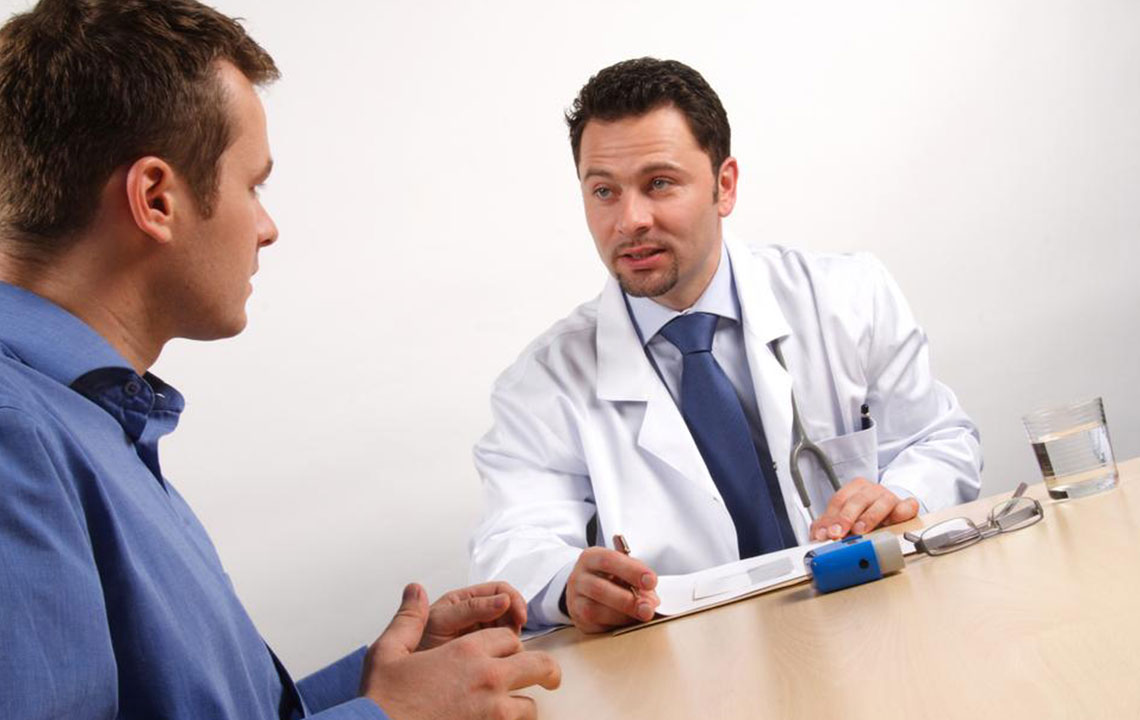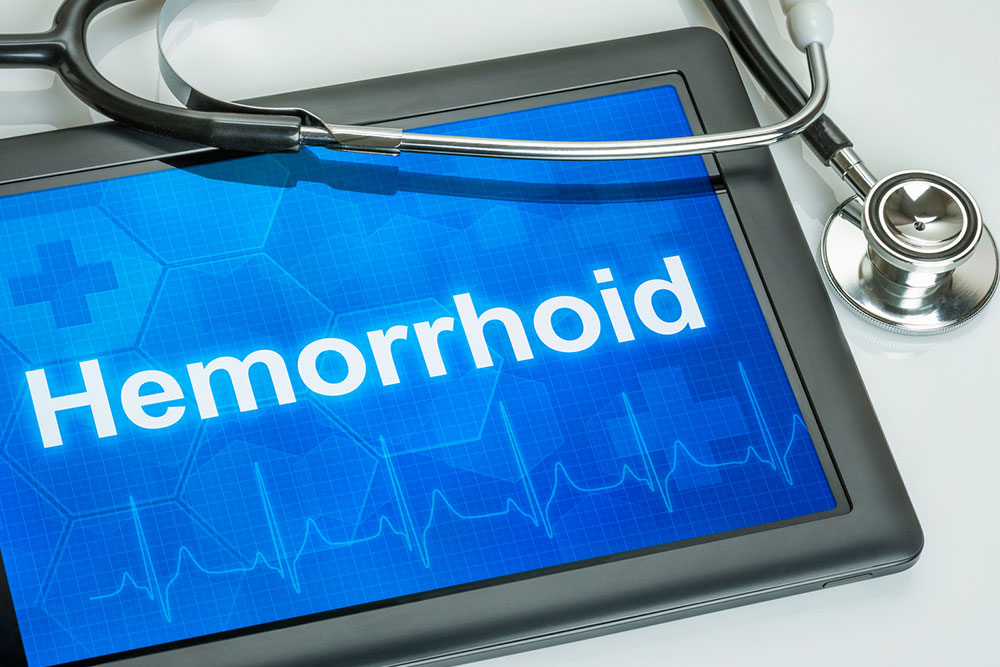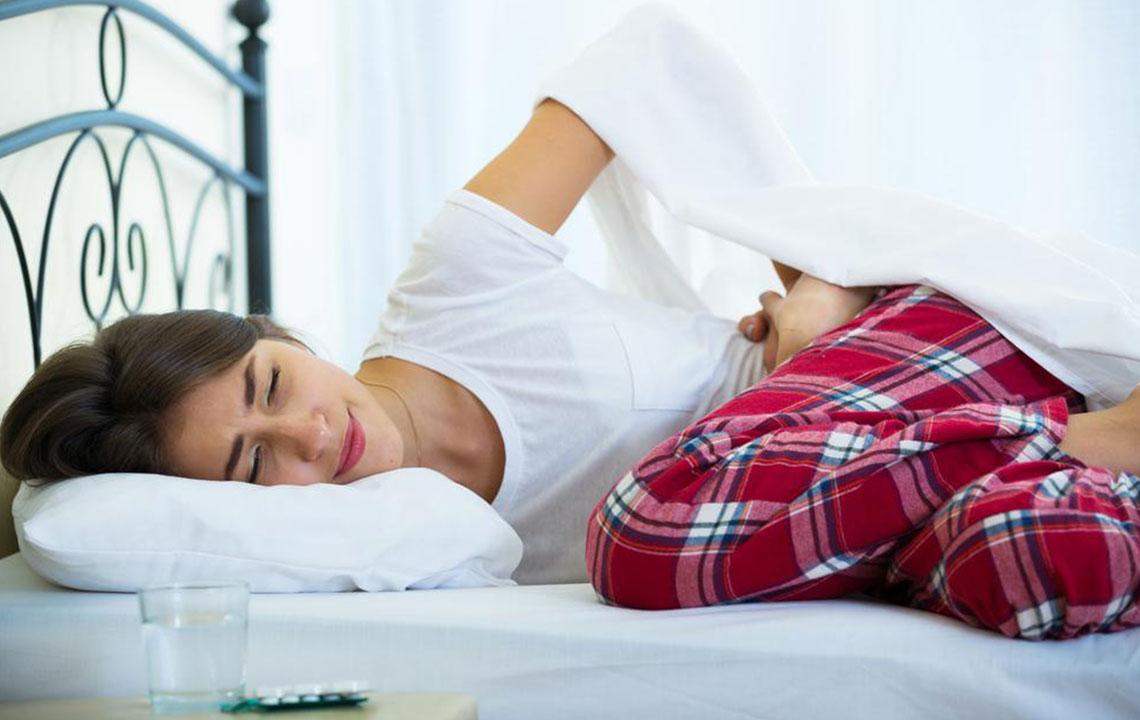Effective Home Strategies and Medical Options for Hemorrhoid Relief
Discover effective home remedies and medical treatments for hemorrhoids. Learn about diet adjustments, topical solutions, and when to seek medical intervention for relief and prevention of this painful condition.

Home Strategies and Medical Interventions for Hemorrhoid Management
Experiencing hemorrhoids can be extremely painful, prompting many to keep remedies ready at home. Hemorrhoids, or piles, refer to swollen veins within the rectal area. They are classified as internal, located inside the rectum and often painless unless bleeding occurs, and external, situated under the skin around the anus, which tend to be very painful and may bleed. In some cases, external hemorrhoids can enlarge and protrude outside the anus, called prolapsed hemorrhoids.
While surgical procedures are available, most treatments focus on non-invasive options like topical creams. These creams aim to soothe itching and reduce discomfort but should not be used beyond a week without medical advice, to prevent skin irritation.
Additional home remedies include:
Sitz baths: Soaking in warm water for 15-20 minutes several times daily helps reduce swelling and relaxes anal muscles.
Lubrication: Applying petroleum jelly just inside the anus eases stool passage, especially during constipation.
Cold packs: Applying a cold compress can numb the area and decrease inflammation, but ensure it doesn’t contact skin directly and limit application to 15 minutes.
High-fiber diet: Consuming fruits, vegetables, and whole grains softens stools and prevents constipation, reducing hemorrhoid flare-ups. Doctors may recommend fiber supplements for added benefit.
When home treatments are insufficient, medical procedures such as sclerotherapy, rubber band ligation, cauterization, or surgery might be necessary, especially for persistent or large hemorrhoids.To prevent recurrence, maintaining a fiber-rich diet, staying hydrated, and establishing regular bowel habits are crucial. Avoid straining during bowel movements and consider squatting to ease stool passage. Always consult a healthcare professional if symptoms persist or worsen.










